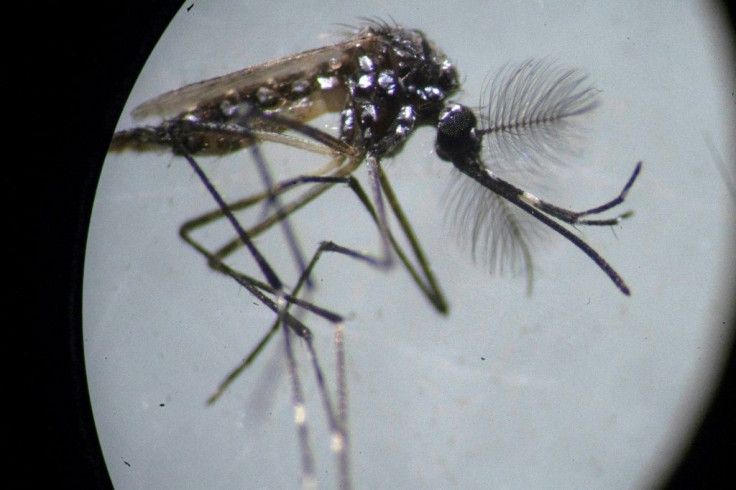
Puerto Rico declared a dengue epidemic for the first time in over 10 years on Monday following a spike in cases of this mosquito-transmitted disease.
The U.S. territory has recorded at least 549 cases so far this year, ABC News reported, compared to almost 1,300 in all of 2023.
Most of the cases have been reported in the capital, San Juan, and more than 340 people needed hospitalization as a result of their infection, the island's health department informed.
Dengue cases have soared across the region this year, with the Western Hemisphere reporting some 3 million so far, compared to 5 million in all of 2023. According to the World Health Organization, higher rainfall and humidity, as well as higher temperatures linked with the effects of climate change can explain the rise in cases.
"Most people who get dengue won't have symptoms. But for those that do, the most common symptoms are high fever, headache, body aches, nausea and rash. Most will also get better in 1–2 weeks. Some people develop severe dengue and need care in a hospital," the WHO explained. In severe cases, it said, it can be fatal.
The UN organization added that there is no specific treatment for the disease other than taking pain medication, and that early detection and access to proper medical care "greatly lower fatality rates of severe dengue."
Individuals who are infected for the second time are at greater risk of severe dengue, with symptoms including severe abdominal pain, persistent vomiting, fatigue, blood in vomit and stools and general weakness.
Elsewhere in the region, Argentina is experiencing its worst dengue epidemic in at least 20 years. Between July last year and the first half of March the country recorded 321 cases per 100,000 residents. 325 of them were labeled as severe dengue, while 106 people have died, including 27 in the second week of March. Last year the total amount of dengue-related deaths was 65.
© 2024 Latin Times. All rights reserved. Do not reproduce without permission.







